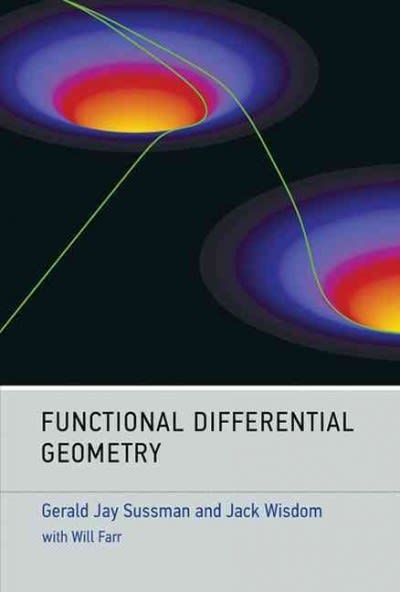Answered step by step
Verified Expert Solution
Question
1 Approved Answer
14. [14] Use the Divergence Theorem to evaluate the surface integral SS F.dS where F(x, y, z) = (x sin y)i + (-cos y)j

14. [14] Use the Divergence Theorem to evaluate the surface integral SS F.dS where F(x, y, z) = (x sin y)i + (-cos y)j + (z sin y)k and S is the boundary of the region bounded by th == planes x = 1, y = 0, y =, z = 0 and z = x with outward normal vector. You must use this method to receive full credit.
Step by Step Solution
There are 3 Steps involved in it
Step: 1

Get Instant Access to Expert-Tailored Solutions
See step-by-step solutions with expert insights and AI powered tools for academic success
Step: 2

Step: 3

Ace Your Homework with AI
Get the answers you need in no time with our AI-driven, step-by-step assistance
Get Started


